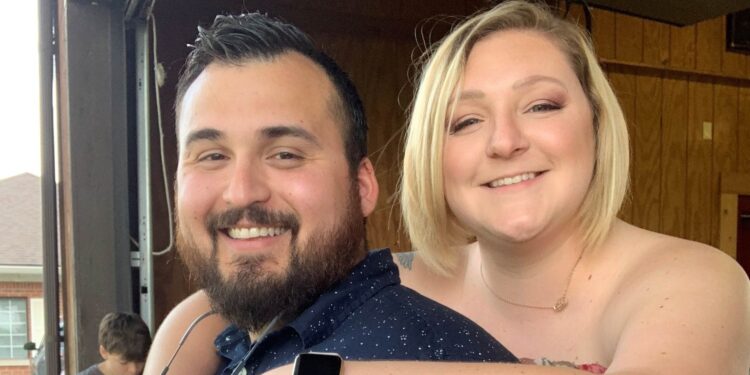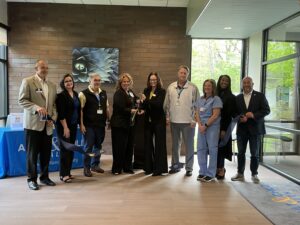A breast cancer diagnosis is usually a nightmarish scenario for anyone. It doesn’t usually motivate them to begin fostering children.
Megan Mendez received the bad news three years ago. She and her husband, Jorge, turned that negative into a positive.
Why? Here’s their story, in their own words.
Jorge and Megan share their story on fostering children
“I have had breast cancer twice, and we always had talked about having multiple children. We had our one (biological) daughter and I used to (work in) home health, so I worked with a lot of foster families. That’s how I found out about A&C. The two of us talked about it & decided to go for it.
“We have two foster boys age 2 and 1,siblings, and we’re in the process of hopefully adopting soon. We got the 2-year-old when he was 6 months old. He had just turned 2 & found out his birth mother had another baby. We have a set of siblings we had for 2 years. An older set of siblings (ages 9 and 6) were the first two foster kids we got. They went home because of COVID, but are back in the foster care system as of August, and we’re trying to get back in our home. We also have an 11-year-old biological daughter.”
Watch Jorge and Megan Mendez share their story on WISH-TV:
What you should know
“The most rewarding aspect of fostering children is the happiness you see in the kids’ face, and just knowing that if they weren’t there, I think about where would they be. It makes me feel good to know it doesn’t matter, they’re here now.
“I see in the Facebook group I’m in that people want to give up. Push through the hard times, and there are great times. The hardest part is getting kids adjusted to your routine, then visits come into play and it messes up the routine. It’s definitely a rewarding thing to do and it’s definitely something your heart has to be in.”
“The biggest misconception about fostering children is how hard it is to see the kids going home to their biological families. A lot of people say that’s the hardest thing, that it’s hard to see them leave, but in our two situations, there was a rewarding thing to see their dad step up. A lot of people talked about dealing with biological families.
“We’ve had rough times and good times with that; everyone just has to be willing to have those good moments. You just have to know when to step away.”
How fostering children affects your birth children
“Our biological daughter doesn’t hide her feelings very well at all. She had her troubles when the foster kids first came, but when we told her about them coming back, she was explaining it to someone else and said, “My sister’s coming back,” so there was definitely a bond.
“I know our daughter missed them since they left. She’s obsessed with the boys. It’s hard for us to say they’re foster kids at this point. They’re our sons.”
Watch Jorge and Megan talk about fostering during the holidays.






